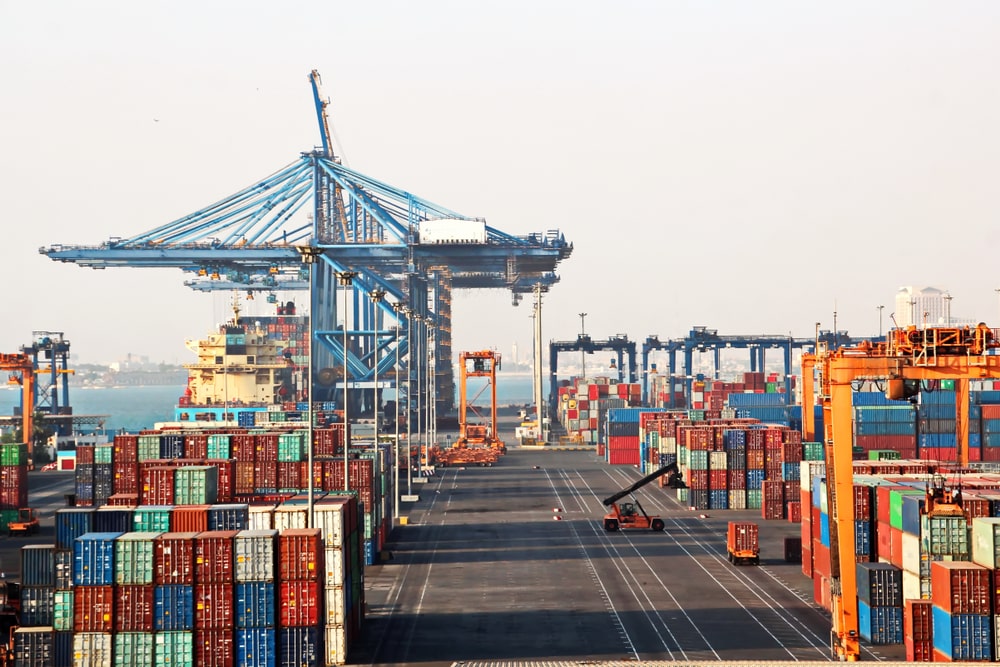
Western Mediterranean transshipments hubs in Valencia, Algeciras, Tangier, Barcelona and Las Palmas are all experiencing a surge in demand, driven by the current crisis in the Red Sea.
Ships travelling the Cape Route from Asia to Europe, to avoid attacks by Houthi rebels, are stopping off at “transshipments hubs” in the Western Mediterranean, with the containers being offloaded onto alternative transport means, to move them to nearby countries such as Italy and Greece.
All this offset demand from the Red Sea has pushed traffic levels in many of these ports to new highs.
Barcelona experienced a surge in traffic of 22%, 64% and 63% in January, February and March respectively, of this year, according to The Loadstar.
Meanwhile, Algeciras, Valencia and Las Palmas all experienced 7%, 18% and 33% rise in traffic too, according to data by Xenata.
“Analysts are really trying to get our heads around the problems those ports are facing right now, when they need space inside for transshipments, which they do not have, while carriers are also engaging more feeder services in the Med”, said Peter Sand, Chief Analyst at Xenata, speaking to The Loadstar.
This confusion has meant that vessel schedules are becoming unreliable and that there is no guarantee that cargoes will be transported into the Mediterranean and beyond.
Some shipping lines have been proactive in responding to this growing congestion, with the FT reporting that some lines are sending containers to northern European ports and organising services back to the Mediterranean from there.
Yet, these diversions and need for transshipment at these hubs is “introducing more delays” and “more dwell time” at the ports according to Nabil Boumezzough, President of the Management Board of the Tanger Alliance, a joint venture responsible for the terminal, speaking to the FT.
He added further that “more dwell time equals more containers staying a long time in ports.”
This spells bad news for marine (re)insurers on two fronts. The first immediate concern is for any perishable and time-sensitive goods, as one analyst put it, with items being ruined during any lengthy delay.
The longer-term issue is port accumulation risk, with containers, once again, being stuck at a backlog at ports.
While the current issues in these hubs and indeed across the rest of the ports is not on the same level as the COVID-19 backlogs in 2020 and 2021, there are still dark clouds on the horizon, especially if the Red Sea crisis is not resolved.
This could be a “perfect storm” if we enter the peak shipping pre-season of shipments around events such as Christmas with the crisis still unresolved. Other positive financial indicators such as European consumer confidence reviving on the back of inflation easing along with an interest rate cut, which boosts spending could increase demand, causing more delays.
A view echoed by the comments of Michael Aldwell, executive Vice President of Sea Logistics at Kuehne + Nagel, speaking to the FT:
“If we’ve got these longer transit times and we see the consumer came out and start buying again, I think we have opportunities for some challenges there… That’s for sure”.